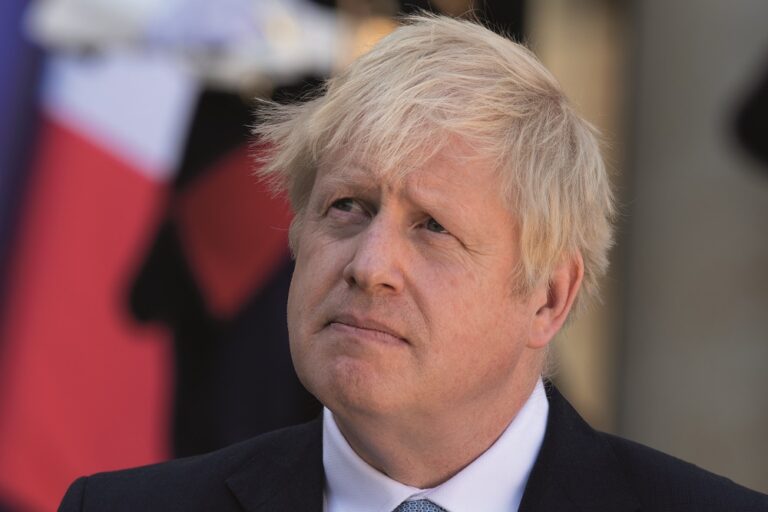Get Brexit Done was the slogan that helped secure Boris Johnson’s landslide. But the truth is we’re only at the end of the beginning.
The commanding majority won by Boris Johnson’s Conservatives in December’s general election has provided a degree of certainty on Brexit. His withdrawal agreement passed in the House of Commons with a majority of 124, and the UK will now formally leave the EU on 31 January.
After 2019’s machinations over Brexit – which included Theresa May’s deal failing to pass three times; May’s resignation; a leadership contest; numerous defections between the major parties; the formation of a new party, Change UK; the demise of Change UK when it failed to win any popular support; the prorogation of parliament that was ruled illegal; a general election; and the passing of Johnson’s withdrawal agreement – it would be tempting to think 2020 will be a smoother ride.
But 2020 will only be the end of the beginning for Brexit. Johnson must now try to secure a good trade deal by the end of the year.
There is some scepticism about the realism of signing on the dotted line with the EU before 1 January 2021. Talk of the Brexit cliff edge has not faded away.
The EU says all it can offer on such a short timetable is a “quick and dirty” bare-bones Free Trade Agreement (FTA). But in order to do that European Council President Charles Michel says the UK would have to agree to broad alignment with EU standards on issues such as the environment and tax, which are unlikely to curry favour with Brexiteers championing renewed sovereignty, or those favouring closer alignment with the US to secure a Trump trade deal.
Johnson’s supporters point to his renegotiation of the withdrawal agreement as evidence he can achieve the impossible. If no agreement is reached, the UK and EU will trade on World Trade Organisation (WTO) terms from 1 January next year, with all the tariffs and customs checks that entails.
What kind of prime minister will Boris Johnson be? With an 87-seat majority, there is little standing in his way to pursue the agenda he wants, and he has already purged the party of inconvenient sources of opposition. He reportedly described himself in a recent cabinet meeting as a “Brexity Hezza”, a reference to Lord Heseltine, who is known for his enthusiasm for public spending, as well as his pro-European stance.
Defra has in the past few weeks committed to a £3bn package of support for farmers, to replace the EU’s CAP subsidies. For poultry, this is of course irrelevant, but for the farming sector overall it’s an important reassurance that as well as spending big on deprived constituencies that turned from red to blue for the first time, money will also be used to ensure food production is supported.
For the food and farming sectors, 2020 will be significant. It will be a time to ensure the priorities of the industry aren’t knocked to the sidelines. The role for trade organisations such as the NFU, BPC and BEIC in lobbying for British eggs and poultry meat will be crucial, especially when there are Tensions in government between those who want to protect UK food standards and those who want to “accommodate” US demands to relax them.
While Defra under Theresa Villiers appears to be focussed on championing higher welfare and British food production systems, a leaked briefing prepared for Villiers back in the autumn revealed Defra was likely to face “significant pressure” from the department headed by Liz Truss, the Department for International Trade (DIT) to relax food and environmental standards in order to sign a trade deal with the US, in particular by lowering the UK’s sanitary and phytosanitary standards (SPS).
All this, plus a renewed focus on the environmental impact of farming, will give the sector a bracing headwind as it turns to face the new decade. NFU president Minette Batters has urged the government to prioritise securing a trade agreement – one which supports a profitable and sustainable UK farming sector – by the end of 2020.
“This time last year I said that 2019 was going to be a pivotal time for British farming. I wasn’t wrong, but if this year has been big, 2020 is going to be monumental.”
Johnson may be about to deliver his promise to get Brexit done. But it’s what comes next that matters.


